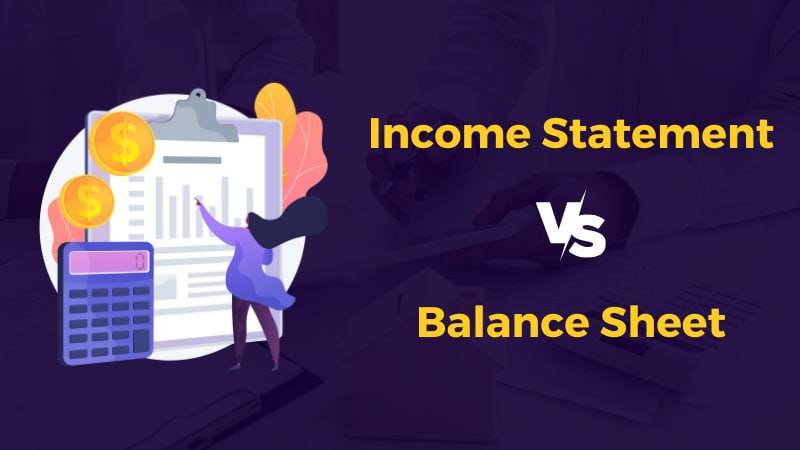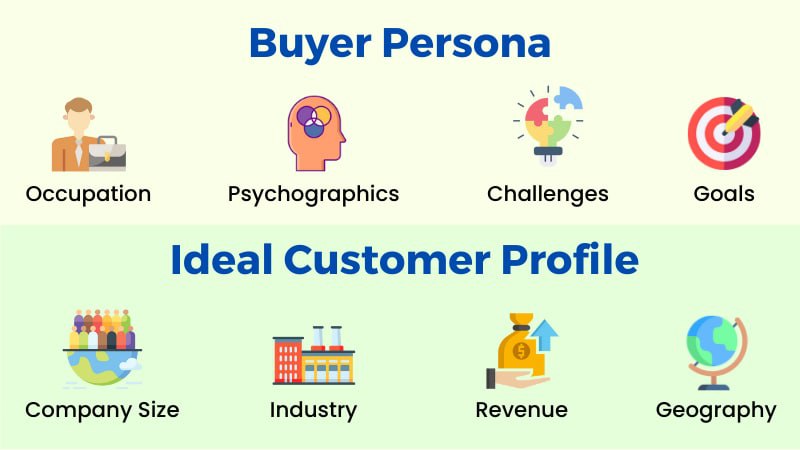The Definition of Business Studies
Business studies, as an academic discipline, encompasses a wide range of subjects and topics related to the world of commerce. It's not just about counting profits or managing employees; it's a complex, interdisciplinary field that combines elements of economics, finance, marketing, management, and more.
The relevance of business studies in today's world cannot be overstated, as it equips individuals with the knowledge and skills needed to navigate the intricacies of the modern business landscape.
The Impact of Business
Business is a major force in American life. It affects us in our daily activities. It is always present – in newspaper stories or on television and radio broadcasts. Business provides most of the jobs that enable people to earn money, and it offers the goods and services that people spend that money on.
As a result of the dominant role business plays in our lives people have a natural curiosity to learn more about it. Business makes an impact on our daily lives. It provides us with jobs so we can buy goods and services.
Exploring the Reasons for Studying Business
The choices you make in your educational journey can significantly impact your future opportunities and long-term success. One path that consistently opens doors to a wide array of exciting career opportunities is a degree in business studies.
People study business for many reasons. Some people are preparing to pursue careers in one of the major fields of business. Others want to become better-informed consumers, understand their rights, and avoid purchasing problems.
A degree in business studies is like a master key that can unlock various doors in the professional world. What makes it so versatile is the broad range of skills and knowledge it provides. The following are some of the reasons that people study business:
1. Career Choice
One of the most compelling reasons to study business is the plethora of career opportunities it opens up. A business degree is versatile, and it can lead to a diverse range of professions, such as:
Management Roles
You can be ready for leadership roles in a variety of organizations with a strong foundation in business fundamentals. Whether you aspire to be a department head, a project manager, or even a CEO, a business degree provides the necessary skills to excel in management.
Entrepreneurship
Do you aspire to launch your own company? Your launching platform can be business studies. It provides you all the information and resources you need to successfully design, start, and run a business. Innovation and taking risks are at the heart of entrepreneurship, and business education lays the foundation for both.
Finance and Accounting
If numbers are your forte, a business degree can lead you to a rewarding career in finance or accounting. Financial analysts, investment bankers, and accountants are just a few of the roles that benefit from a strong foundation in business.
Marketing and Sales
Product promotion and revenue development are driven by marketing and sales personnel. A business education hones your marketing and sales acumen, helping you excel in these dynamic fields.
International Business
Businesses are looking for people with knowledge of global markets and commerce in a world that is becoming more and more globalized. A business degree with a focus on international business can lead to exciting opportunities in global corporations and organizations.
2. Business Ownership
Owning a business is the goal for many individuals. If a person wants to increase the chances for success, one approach is to study business operations.
A knowledge of accounting, management, marketing, risk management, and finance is a necessity for a small business as well as for a large one. The difference is that as a small-business owner a person must be knowledgeable in all areas.
3. More Knowledgeable Consumer
One role everyone plays in relationship to business is that of consumer. When a company advertises a product, has just sold the last one when the consumer arrives but conveniently has a more expensive model available.
- what should the consumer do?
- When a contractor does not meet specifications on remodeling a room, what options are available?
Each person has a need to improve his or her consumer skills. Studying business can provide some of the information to be a better-informed consumer.
4. Networking Opportunities
In the commercial world, networking is frequently just as important as knowledge. Networking possibilities with students, professors, and business experts abound in business majors. These contacts may lead to chances for internships, employment, and team projects.
Building a strong professional network not only enhances your career prospects but also exposes you to diverse perspectives and ideas. It's important for both professional and personal development.
5. The Pursuit of Excellence
Business education aims to foster an attitude of continual development and excellence, not just knowledge acquisition. The competitive nature of business programs pushes you to strive for your best, fostering a strong work ethic and a commitment to quality.
This dedication to excellence is a valuable trait in any field, as it ensures that you approach your work with diligence and a commitment to achieving outstanding results.
6. A Transformative Experience
Studying business is not just about accumulating knowledge; it's a transformative experience that shapes your character, hones your skills, and expands your horizons. It pushes you to use critical thinking, tackle tough problems, and embrace innovation.
The journey of studying business is filled with exciting opportunities, from case competitions to international study tours. These experiences not only enrich your academic life but also provide practical insights that you can apply in real-world scenarios.
How Studying Business Helps Individuals Make Informed Decisions
Studying business provides individuals with a structured framework for making informed decisions. Here's how it fosters decision-making acumen:
- Analytical Skills: Business education hones analytical skills, enabling individuals to dissect complex situations, assess risks, and evaluate potential outcomes. This skill is valuable when weighing different choices.
- Critical Thinking: Business studies encourage critical thinking, which is essential for evaluating the validity of information, identifying biases, and arriving at well-reasoned conclusions.
- Problem-Solving: The problem-solving approach learned in business education equips individuals with strategies to address challenges, whether they are related to business or everyday life.
- Financial Literacy: Financial management lessons that educate people how to manage their own finances, make sensible investments, and plan for retirement are frequently included in business programs.
- Data-Driven Decision-Making: Business students develop their data analysis skills, enabling them to base judgments on facts rather than feelings.
The Link Between Business Studies and Financial Literacy
A crucial life skill is financial literacy, or the capacity to comprehend and properly handle one's resources. Business studies establish a strong link with financial literacy in the following ways:
- Understanding Financial Concepts: Business courses introduce individuals to essential financial concepts such as budgeting, investing, and risk management. This knowledge forms the basis of sound financial decision-making.
- Personal Financial Management: Business education equips individuals with the skills to manage their personal finances, including income, expenses, savings, and investments.
- Debt Management: Business studies address the responsible use of credit and the management of debt, helping individuals avoid financial pitfalls.
- Investment Strategies: Students receive information on a variety of investing possibilities, including stocks, bonds, real estate, and mutual funds. Their ability to make wise investing decisions is increased by this knowledge.
- Financial Planning: Individuals are encouraged by business education to set financial goals and create methods to accomplish them. It highlights the significance of saving money for retirement and unexpected expenses.
In conclusion, business knowledge is important in all facets of our life, not just the corporate world. It empowers individuals to make informed decisions, manage their finances effectively, and understand the economic forces that shape our world.
Whether you're a consumer, a career professional, or an aspiring entrepreneur, the significance of business knowledge cannot be overstated. It is a tool for personal and financial empowerment that enhances the quality of life and enables individuals to navigate the intricacies of the business world with confidence and competence.




